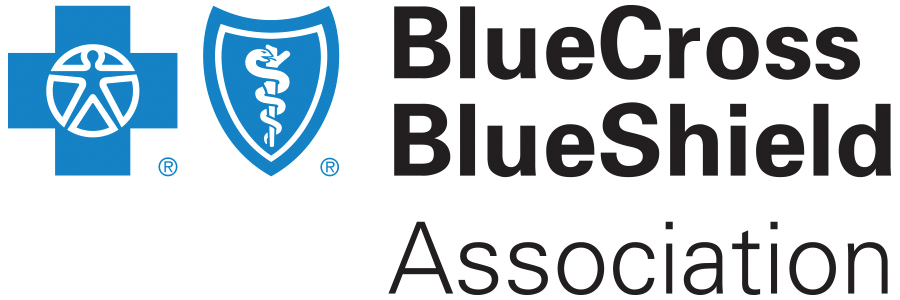If you find yourself diagnosed with an unexpected illness, you want a health insurance company that will provide a high level of care. While no health insurance company is perfect, you can find the best health insurance company for you by considering your needs, wants, and budget.
FAQs
When looking for health insurance coverage, check out the company’s background to get an idea of its priorities. Also, look at its financial and customer satisfaction ratings to see what others think of the insurer. Then make sure the company offers the type of coverage that you need.
How Should You Shop for Health Insurance?
When shopping for a health policy, there are several factors to consider. Your location matters, as health plan offerings differ by state and region. Also, think about how often you intend to use healthcare services. If you have a chronic condition and visit the doctor regularly, you’d likely need a different type of plan than if you only had preventive care appointments. Finally, look at the financial and customer satisfaction ratings to determine the strength of the insurer.
When Can You Buy Health Insurance?
Typically, you can buy a health insurance plan during the open enrollment period, which takes place in the fall, generally, between November 1 and January 15.137 You may also be able to buy health insurance when you have a qualifying life event — for example if you have a baby or get married or divorced.
How Does Health Insurance Work?
Health insurance works by allowing you to budget for medical expenses so you don’t have to pay the entire cost out of your own pocket if a medical emergency occurs. You (or your employer) have a set amount to pay either monthly or when you access services through health insurance, and the health insurer pays the rest for covered services. By knowing how much you would be responsible for when accessing health services, you can be more financially prepared when you need care.
How Much Does Health Insurance Cost?
Health insurance consists of several different costs. A health insurance premium is an amount you pay your insurance provider each month, whether you go to the doctor or not.138 A deductible is the amount you pay when you receive covered healthcare services before your insurance kicks in.139 High-deductible plans require you to pay a higher deductible than other types of plans. Coinsurance is a percentage of covered health services that you must pay for while the insurer pays the rest.140 A copayment is a set amount you pay for covered services once your deductible has been reached.141
What Are the Ratings?
Ratings provide insight into a company’s financial strength and its reputation with customers. To evaluate insurers’ financial strength ratings, we checked with credit rating provider AM Best.1 For insight into customer service, we looked to the National Committee for Quality Assurance (NCQA — a health plan accreditation company),2 the American Customer Satisfaction Index (ACSI), and rating company J.D. Power. We turned to the National Association of Insurance Commissioners (NAIC) Complaint Index to understand customer complaints.
Health Plan Terms
When choosing a plan, make sure you understand the terms used to describe various aspects of plans. Here are some of the most common terms:
- Coinsurance: Coinsurance is the amount you pay for covered healthcare after you pay your deductible. For example, if a company calls for 20% coinsurance on $100, you would pay $20 to the doctor, while the insurance company pays the other $80.
- Deductible: A deductible is the amount you pay out of pocket before the health insurance company begins to cover claims.
- EPO: Exclusive provider organization, which allows you to choose your providers within a specific network. You can do so without choosing a primary care physician. However, you may not be able to use the insurance policy with out-of-network providers.
- HMO: Health maintenance organization, which is a managed care organization that negotiates with healthcare providers for lower prices. Often, HMOs restrict which providers you can use, while you may be assigned primary care doctors, as well as specialists.
- In-network: Providers who are part of your health insurance company’s network. These providers are cheaper because the providers agree to lower rates with your insurer.
- Out-of-network: Healthcare providers that aren’t in your insurance company’s network. You may have to pay more out of pocket if you go out-of-network, or the insurer may not cover any of your costs if you don’t choose an in-network provider.
- PPO: Preferred provider organization, which is a type of plan where you can choose your providers within a network. usually need to choose a primary care physician. It offers a little more flexibility than an HMO, and you might still be able to see out-of-network providers (at a higher rate).
Methodology
We selected the health insurance companies with the highest market share and reviewed them by financial strength, customer satisfaction, and other factors, such as factual information on companies, including financials, customer satisfaction, complaints, geographic reach, pricing, and total insureds.
Next Steps
Choosing the right health insurer is not a decision that should be taken lightly. Take the time to do your research so you can find an insurer — and a plan — that won’t let you down.
The views and opinions expressed are those of the authors and do not necessarily reflect the official policy or position of HealthCareInsider.com or HealthCare, Inc.






